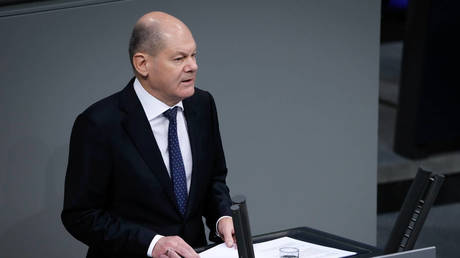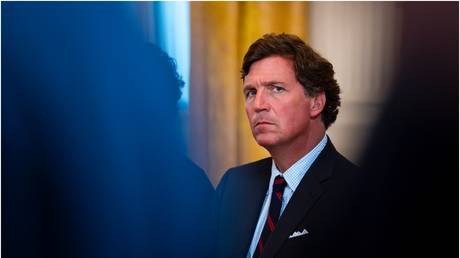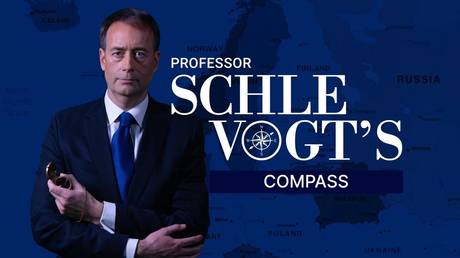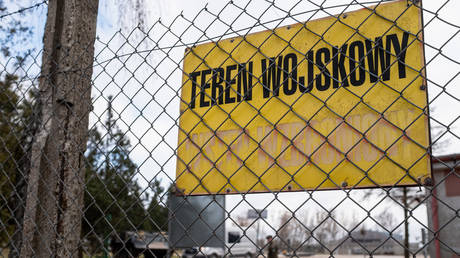
Putting an end to the ongoing conflict in Ukraine would be much harder without a dialogue with Russia, the German chancellor warns
The Western nations should never walk out of talks with Moscow, regardless of how big the “differences” between the two sides are, German Chancellor Olaf Scholz told Germany’s SZ newspaper in an interview published on Friday. Dropping out of any talks with Moscow would only make the task of ending the ongoing conflict in Ukraine harder, the chancellor believes.
“What is important is that, despite major differences in [our]positions, we do not let the thread of talks with Russia be broken,” Scholz said, adding that “if we do not talk, Russia would be even less likely to end the war.”
The chancellor still blames Moscow for its ongoing conflict with Kiev and maintains it is Russia that should be proactive in halting military action. Yet, the chancellor also advocates a negotiated solution rather than a military one. “For this, it will be necessary to talk,” he told SZ.
When asked about when there could be a “window for negotiations,” Scholz said that “the time has actually long since come.” The chancellor also expressed his hope that “once this war is over and we are dealing with a different Russia … capable of making peace, we may be able to live together again.” He did not elaborate on what he meant by “a different Russia.”
Scholz also and once again outlined Berlin’s position on arms deliveries to Ukraine, saying that Germany would send “modern weapons” to Kiev but would also seek to prevent a “direct confrontation between NATO and Russia” and would not take any steps in the field of military aid alone.
The German chancellor has repeatedly called for continued dialogue with Moscow, arguing that it was the only viable option for ending the fighting in Ukraine. Earlier in December, he defended his decision to “keep talking” to Russian President Vladimir Putin by saying he wants to live to see the moment when it would be possible “to get out of this situation.”
Scholz and Putin talked by phone on December 2. According to the Kremlin, the two discussed “different aspects of the situation in Ukraine.” Scholz then said he “condemned the Russian airstrikes” against what he called “civilian infrastructure in Ukraine.” In the Saturday interview with SZ, he also referred to these airstrikes as a “clear violation of international law.”
Russian forces have been targeting some of Ukraine’s energy infrastructure facilities since October. The Russian Defense Ministry believes these to be crucial for Kiev’s military capability.




